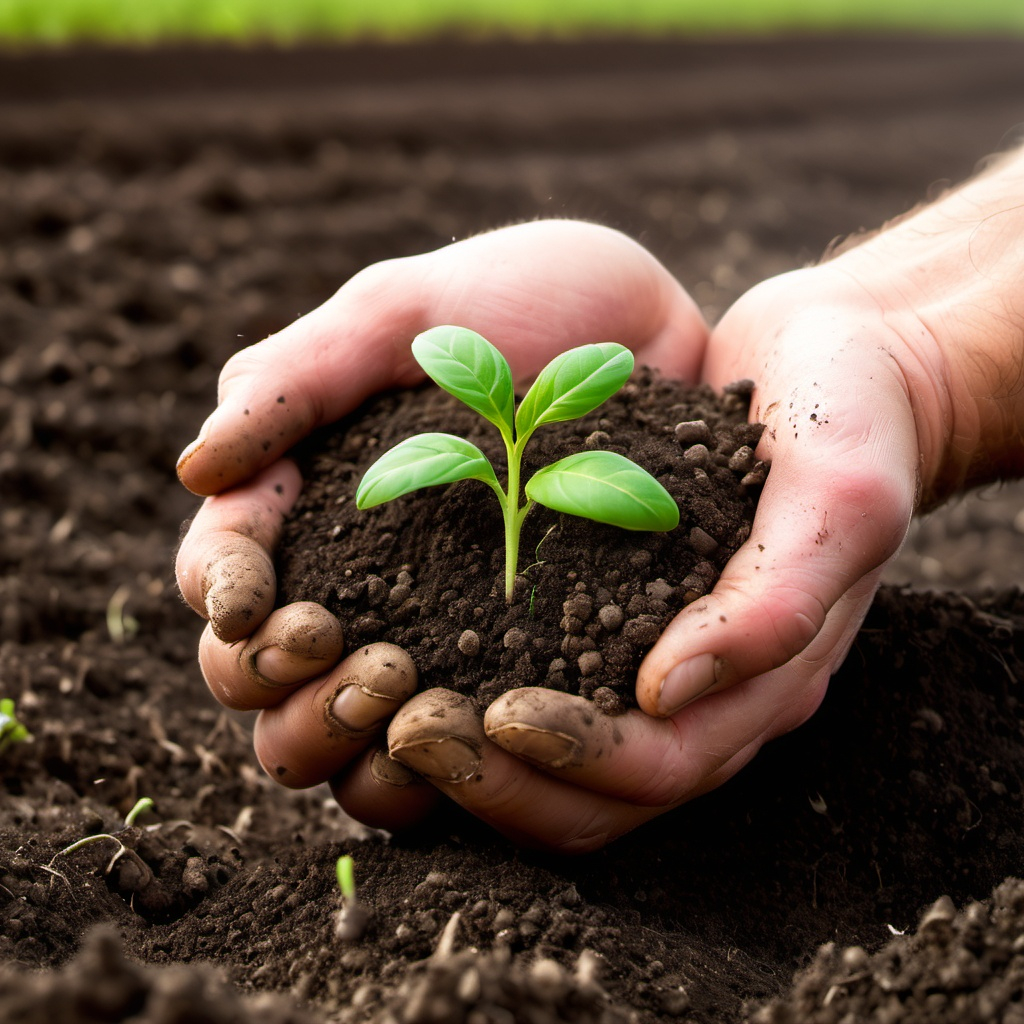
Importance of Soil Health
Soil health is a critical aspect of agricultural productivity and environmental sustainability. Healthy soil supports plant growth, enhances water retention, regulates nutrients, and acts as a buffer against pollution. It also promotes biodiversity and mitigates the effects of climate change by sequestering carbon.
Maintaining soil health is essential for farmers to improve crop yields and ensure long-term agricultural viability. Unhealthy soil, on the other hand, leads to reduced productivity, increased input costs, and environmental degradation.
Components of Soil Health
Soil health is determined by a combination of physical, chemical, and biological factors:
- Physical Properties: These include soil texture, structure, and porosity. Good soil structure facilitates root growth and water infiltration, while poor structure results in compaction and erosion.
- Chemical Properties: Soil pH, nutrient levels, and cation exchange capacity (CEC) are key chemical components. Balanced nutrient availability and proper pH are essential for plant health and productivity.
- Biological Properties: A healthy soil ecosystem is teeming with microorganisms like bacteria, fungi, earthworms, and insects. These organisms break down organic matter, promote nutrient cycling, and contribute to soil structure.
Soil Degradation Causes
Soil degradation occurs when soil loses its capacity to function effectively. Several factors contribute to this process:
- Erosion: Wind and water erosion strip away the topsoil, which is the most fertile layer, resulting in decreased agricultural productivity.
- Nutrient Depletion: Continuous cropping without proper replenishment of nutrients exhausts the soil, leading to lower yields.
- Salinization: Excessive irrigation, especially in arid regions, can lead to the accumulation of salts in the soil, making it unproductive.
- Compaction: Heavy machinery and overgrazing cause soil compaction, reducing porosity and water infiltration.
- Chemical Contamination: The overuse of fertilizers, pesticides, and industrial pollutants can degrade soil quality and kill beneficial microorganisms.
Soil Management Practices
To maintain and restore soil health, farmers and land managers can adopt various soil management practices:
- Cover Cropping: Planting cover crops, such as legumes or grasses, helps prevent erosion, improves soil structure, and adds organic matter to the soil.
- Crop Rotation: Alternating crops with different nutrient requirements reduces the risk of nutrient depletion and pest buildup.
- Reduced Tillage: Minimizing tillage preserves soil structure, reduces erosion, and maintains organic matter levels.
- Organic Amendments: Adding organic materials like compost or manure improves soil fertility, boosts microbial activity, and enhances soil structure.
- Conservation Agriculture: This approach involves minimal soil disturbance, permanent soil cover, and crop diversity to maintain long-term soil health.
Soil Testing and Monitoring
Regular soil testing is essential for assessing soil health and implementing effective management practices. Testing provides information on nutrient levels, pH, and organic matter content. By understanding the soil’s current condition, farmers can apply the appropriate amounts of fertilizers, lime, or organic amendments to optimize soil health.
Monitoring soil health over time also helps in detecting early signs of degradation, allowing for timely corrective actions.